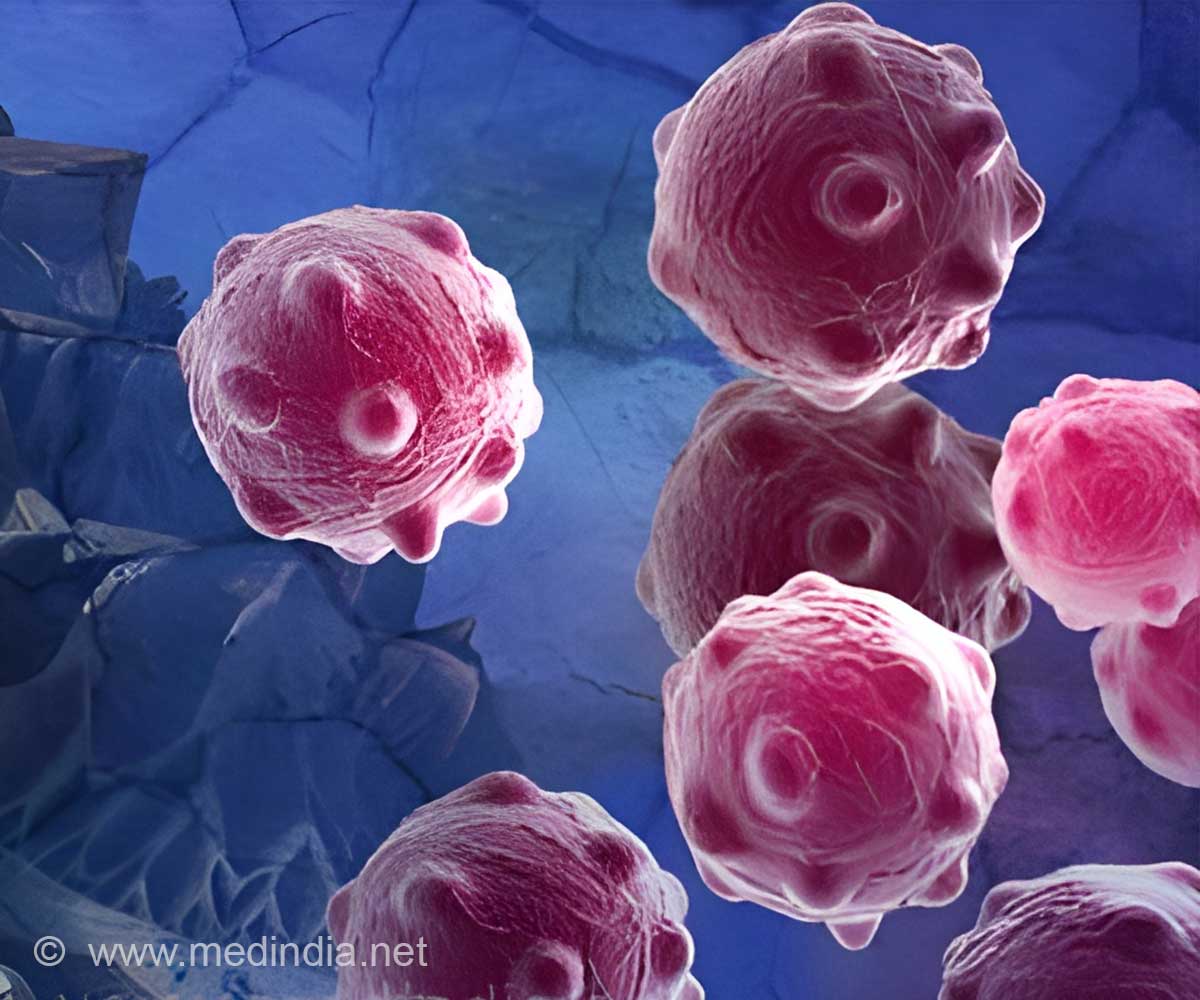
‘Monitoring the blood levels of DNA fragments released by dying tumor cells may be an early biomarker of successful treatment in an advanced form of skin cancer – melanoma. The promising and highly reliable results of this gene-based blood test may allow its usage for testing accuracy in earlier stages of melanoma, other future applications, and clinical use.’
Tweet it Now
"Our findings suggest that levels of ctDNA may serve as a fast and reliable tool to gauge whether an anticancer medication is working. The blood test results could help support continuing the current treatment strategy or else encourage patients and physicians to consider other options," says study senior author David Polsky, the Alfred W. Kopf, M.D. Professor of Dermatologic Oncology at NYU Langone Health and its Perlmutter Cancer Center. Gene-Based Blood Test in Melanoma
The long search for better ways to monitor the aggressive types of skin cancers via specific biomarkers allowed the team to explore this largest analysis to date, over two years. Blood samples from two pivotal clinical trials involving 383 American, European, and Australian men and women were analyzed.
The enrolled participants had unresectable metastatic melanoma tumors with mutations in the BRAF gene, and were receiving targeted treatment with drugs dabrafenib and trametinib.
Undetectable levels of freely circulating tumor DNA (ctDNA) four weeks after the drug treatment were detected in patients who had twice as long a longer survival rate without cancer growth as compared to those who continued to have detectable levels of freely circulating tumor DNA (ctDNA).
Advertisement
Role of ctDNA in Skin Cancer
Advertisement
"Although this gene-based test focuses on tumors with BRAFV600 mutations, we believe it will be similarly useful for melanomas that have other mutations, such as defects in the NRAS and TERT genes, which are also commonly mutated in this disease. Ultimately, we'd like to see this test used routinely in the clinic to help guide treatment decisions," says study lead author Mahrukh Syeda, MS, a research scientist in the Department of Dermatology at NYU Langone Health.
With the promising results of this gene-based blood test, the team anticipates its FDA-approval for testing its further accuracy in earlier stages of melanoma, other future applications, and clinical use.
Source-Medindia















